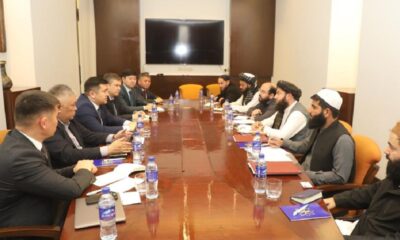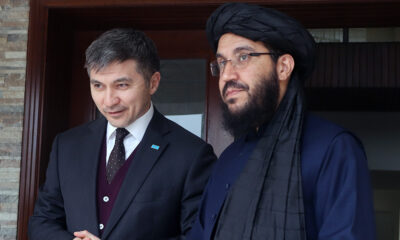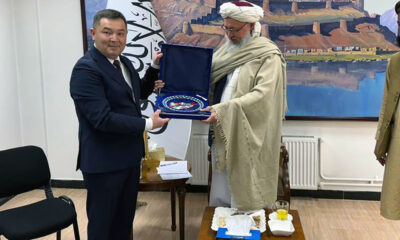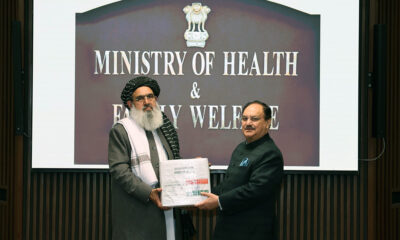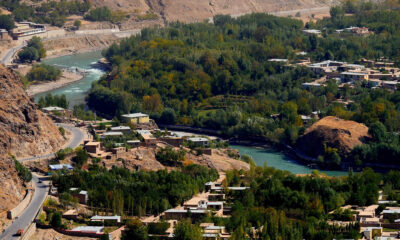Latest News
Task team finds Mi-17 helicopter downed in Wardak by ATGM
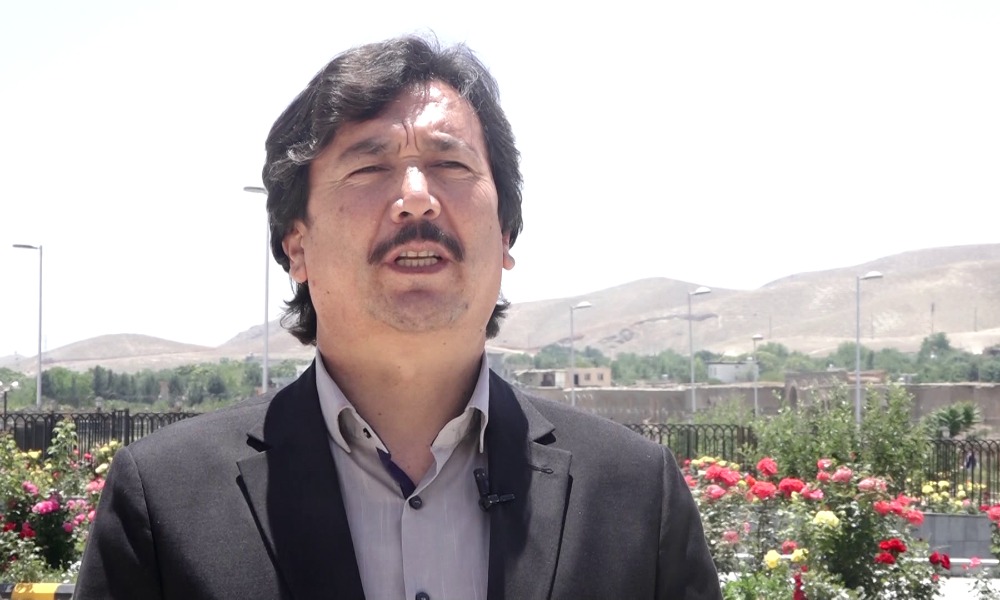
The Wolesi Jirga (Lower House of the Parliament) delegation, tasked to probe the helicopter crash in Maidan Wardak province in March, said in a report Tuesday that the Mi-17 military chopper had been hit by an anti-tank guided-missile (ATGM).
The delegation shared its findings two months after the Mi-17 was shot down during a military operation in Behsud district in Wardak. Four pilots and five security force members were killed in the incident.
ATGMs range in size from shoulder-launched weapons, which can be transported by a single soldier, to larger tripod-mounted weapons, which require a squad or team to transport and fire, to vehicle and aircraft mounted missile systems.
Government officials meanwhile accused fighters loyal to a public uprising forces’ commander Abdul Ghani Alipour, also known as commander Shamsher (Sword), of shooting down the helicopter.
Alipour has however consistently denied his involvement in the incident and stated in a sound clip: “We have nothing to fire one with from the air. Maybe those who are filming from the air shot it. If it was me, I would from the ground not from the air because we have only got RPG rockets and have no access to missiles.”
The Wolesi Jirga team’s findings meanwhile also indicate that the helicopter was hit by an ATGM capable of hitting targets in a range between 1.5 km to 5 km and that “the helicopter was hit from a distance of 3 km, which means ordinary rockets such as RPG or Type 82 rocket launcher is useless [at hitting] targets from this distance.”
According to the report, the missile is made by Russia and China, while Iran has also manufactured a copied version of the weapon.
The Wolesi Jirga’s findings, however, did not elaborate who was behind the downing of the helicopter but it stated: “When the missile was fired, the area was under the control of men loyal to Alipour.”
Meanwhile, a number of Afghan MPs stated that the findings lack details and accurate information.
“Neither Alipour has the capability of shooting down the helicopter using guided-missiles nor has he access to such kinds of rockets,” MP Ahmad Shah Ramazan said.
MP Shegofa Noorzai stated: “We want more clarity about the downing of the helicopter, the findings need more discussions and in the next sessions the main clues about how the helicopter was hit must be found out.”
Latest News
Afghanistan and Kyrgyzstan boost trade and digital finance ties
Minister Sydykov, in turn, pledged the continuation of Kyrgyzstan’s humanitarian assistance to Afghanistan and highlighted his country’s interest in working together on e-governance initiatives.
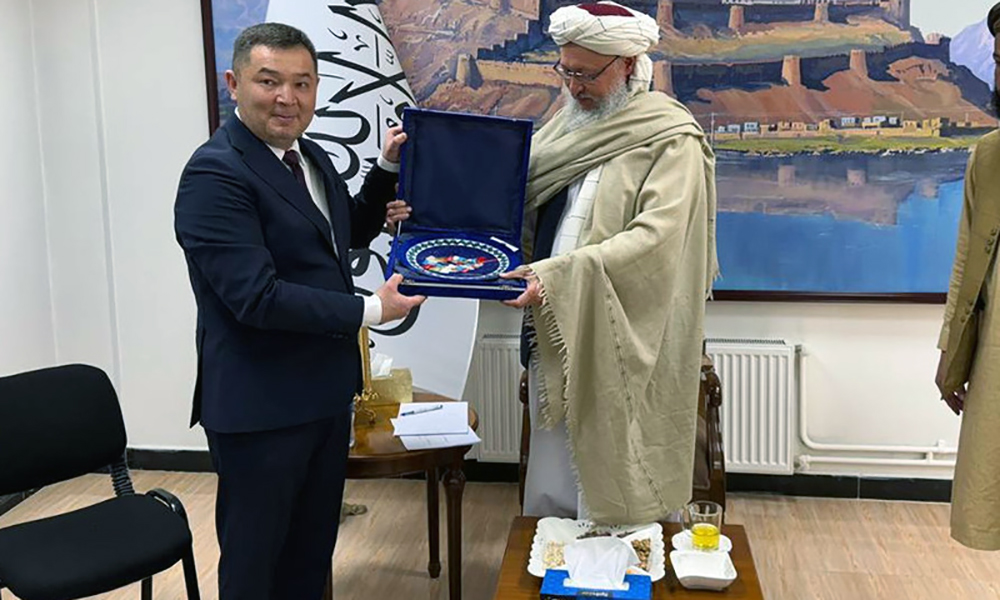
Afghanistan’s Deputy Prime Minister for Administrative Affairs, Abdul Salam Hanafi, has met with a high-level Kyrgyz delegation led by Minister of Economy and Commerce Bakhyt Sydykov to discuss expanding bilateral trade and strengthening cooperation in digital financial services.
During the meeting, Hanafi reaffirmed Afghanistan’s readiness to deepen ties with Kyrgyzstan, stressing the importance of developing electronic administration systems and modern banking channels to facilitate trade and financial transactions between the two countries.
Minister Sydykov, in turn, pledged the continuation of Kyrgyzstan’s humanitarian assistance to Afghanistan and highlighted his country’s interest in working together on e-governance initiatives. He also pointed to potential cooperation in areas such as the printing of securities and the development of electronic payment systems.
Latest News
India reaffirms healthcare support to Afghanistan, hands over medicines and vaccines
Indian officials said the support underscores New Delhi’s commitment to helping improve healthcare services and access to life-saving treatment in Afghanistan.

India has reaffirmed its commitment to continued humanitarian assistance and healthcare cooperation with Afghanistan, with a focus on the long-term supply of essential medicines.
According to the Ministry of Health and Family Welfare of the Government of India, Union Health Minister J.P. Nadda held a productive meeting with Afghanistan’s Minister of Public Health, Noor Jalal Jalali. The discussions focused on strengthening cooperation in the health sector and addressing the medical needs of the Afghan people.
During the meeting, a symbolic handover of cancer medicines and vaccines was carried out, reflecting India’s ongoing support for Afghanistan’s healthcare system. The ministry also announced that a larger consignment of medicines, vaccines, and a 128-slice CT scanner is being dispatched to Afghanistan as part of India’s humanitarian assistance efforts.
Indian officials said the support underscores New Delhi’s commitment to helping improve healthcare services and access to life-saving treatment in Afghanistan.
Latest News
Afghan forces target hideout of suspects linked to cross-border attacks on Chinese nationals
Afghan forces target hideout of suspects linked to cross-border attacks on Chinese nationals
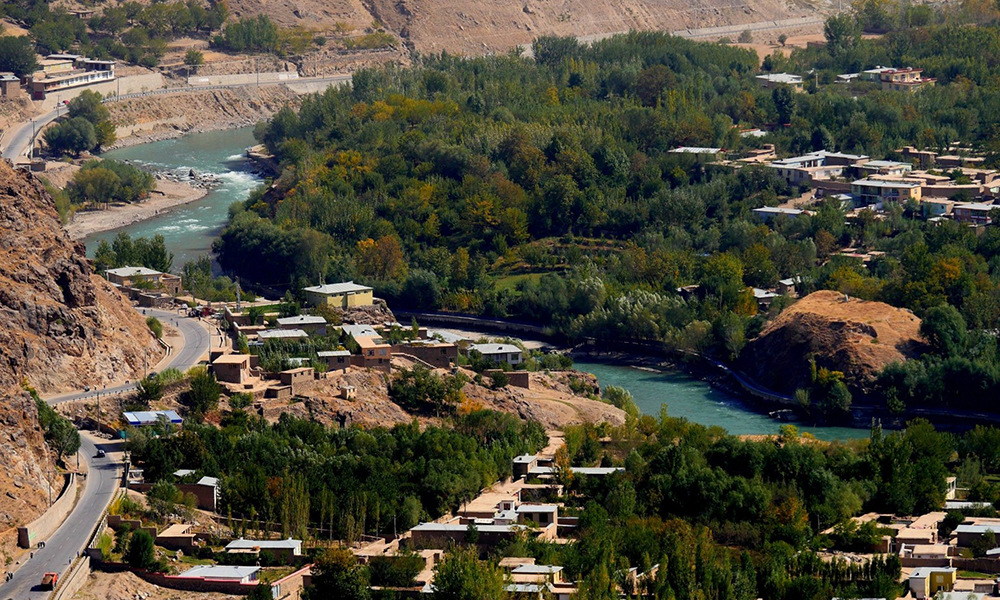
Security sources said that special forces of the Islamic Emirate of Afghanistan (IEA) have targeted a hideout in Badakhshan province linked to suspects involved in attacks against Chinese nationals in neighboring Tajikistan.
According to the sources, the operation was carried out on Tuesday night in Faizabad city, where several individuals suspected of orchestrating cross-border attacks from Badakhshan’s frontier regions were believed to be present. As a result of the operation, one wanted suspect was arrested alive along with weapons and other military equipment.
The sources added that preliminary investigations and initial confessions by the detainee indicate the planning of the attacks was carried out from outside Afghanistan.
This comes as Tajikistan’s Ministry of Foreign Affairs announced on November 27 that three Chinese citizens were killed in an attack in Khatlon province.
-

 Latest News4 days ago
Latest News4 days agoUS delivers second batch of Afghan Black Hawk helicopters to Peru
-

 Latest News3 days ago
Latest News3 days agoGermany speeds up admission of Afghans from Pakistan
-

 Sport3 days ago
Sport3 days agoIPL 2026 Auction set for Abu Dhabi with $28.6 million purse at stake
-
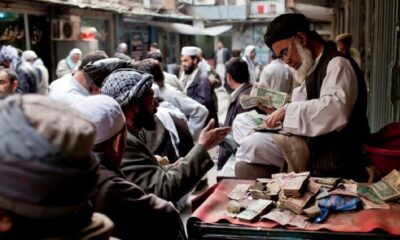
 Business4 days ago
Business4 days agoAfghan economy posts second year of growth despite deep structural challenges
-

 Latest News3 days ago
Latest News3 days agoAfghanistan to establish independent oil and gas authority
-

 Sport4 days ago
Sport4 days agoATN to broadcast ‘The Best FIFA Football Awards 2025’
-

 Latest News3 days ago
Latest News3 days agoUS intelligence chief warns of ‘direct threat’ from suspected terrorists inside the country
-

 International Sports4 days ago
International Sports4 days agoILT20: Jahangir powers Dubai Capitals to nine-run win over Abu Dhabi Knight Riders


